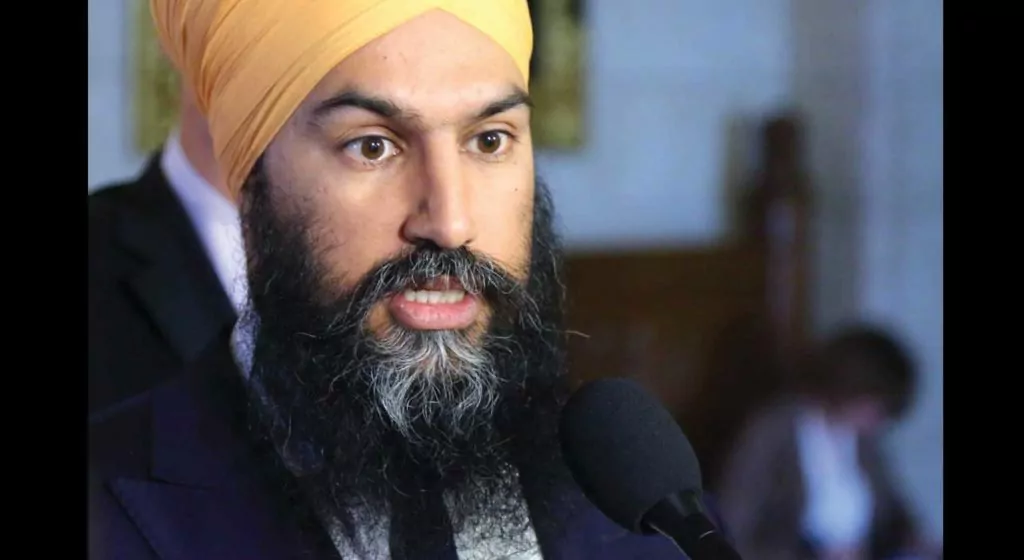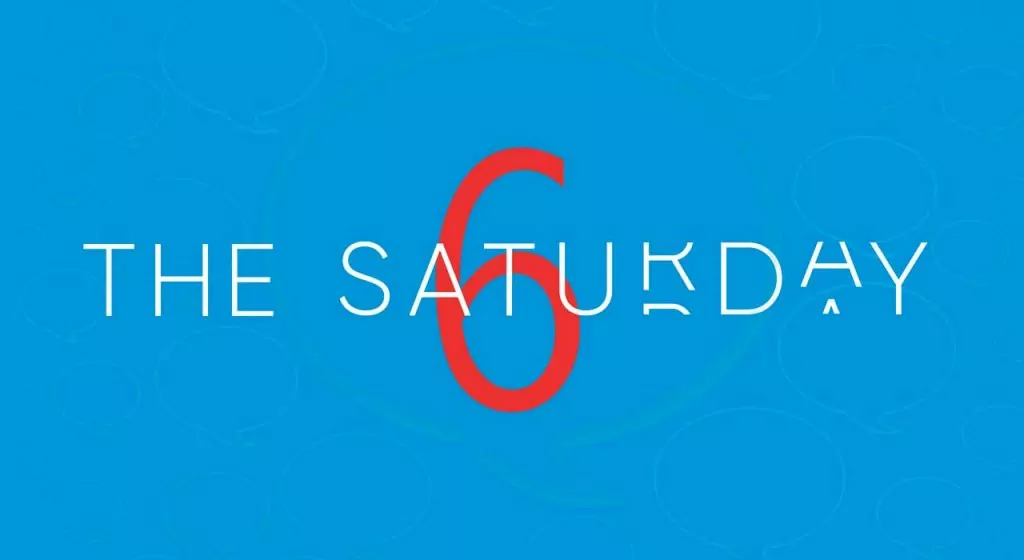
News, Pro-life - Abortion
Jagmeet Singh, abortion, and illogic
The topic of abortion came up at the Canadian federal leaders’ debate (October 7, 2019), and logic took a beating. NDP leader Jagmeet Singh stated the following:
“A man has no place in a discussion around a woman’s right to choose. Let’s be very clear on that.”
Apparently, Liberal leader Justin Trudeau and Green leader Elizabeth May agreed with Singh, whereas Conservative leader Andrew Scheer didn't. Because of the poor format of the debate—and poor moderation—I didn't get clear on what the other leaders thought.
So let’s (at least) be very clear on Mr. Singh's claim. There are two logical problems — serious logical problems.
Problem 1 - the Ad Hominem Fallacy
Mr. Singh commits the ad hominem fallacy, the mistake in reasoning which occurs when an arguer is attacked instead of his/her arguments. Some instances of the ad hominem fallacy are easy to spot. Consider the following:
- “Einstein is Jewish, therefore his theory of relativity should be rejected.”
- “Your doctor is a woman, therefore don’t believe what she says about prostate cancer.”
Clearly, in the above arguments, the premise (i.e., the bit before “therefore”) is not relevant to the conclusion (the bit after “therefore”).
But some instances of the ad hominem fallacy are not so easy to spot. Consider (again) Mr. Singh's claim: “A man has no place in a discussion around a woman’s right to choose .”
Significantly, Singh is dismissing as illegitimate all arguments that men might present on the topic of abortion merely because the arguer is a man. That is, Singh is dismissing a view because of a characteristic of the arguer (i.e., his sex) rather than via a careful examination of the arguer’s argument (i.e., its merits or lack thereof). But this is to attack the messenger instead of the message, which is a logical sin — the ad hominem fallacy.
Problem 2 - Self-Refuting
Mr. Singh’s claim is also self-refuting. A self-refuting claim includes itself in its field of reference but fails to satisfy its own criteria of truthfulness or rational acceptability. Here is an example: “There are no truths.” Hmmm. If it's true, then it's not true. It self-refutes. Another example (spoken by me): “I cannot speak a word of English.” Get the picture?
Back to our NDP leader. According to Mr. Singh, “A man has no place in a discussion around a woman’s right to choose .”
Let's think: a MAN is saying that a MAN’s voice doesn’t count on an issue, i.e., the issue HE is talking about. Well, if this is true, then Mr. Singh—a man—has no place in this discussion, and so his claim should be dismissed.
I like Mr. Singh and I intend no disrespect to him. Nevertheless, I think his claim is deeply problematic from the perspective of logic—and I hope that my pointing this out will help elevate the quality of reasoning in the public discussion about abortion.
I hope, too, that pro-life MPs will get elected.
Hendrik van der Breggen, PhD, is a retired philosophy professor (Providence University College) who lives in Steinbach, Manitoba. This article first appeared on his blog and is reprinted here with permission. Picture credit: Art Babych / Shutterstock.com














